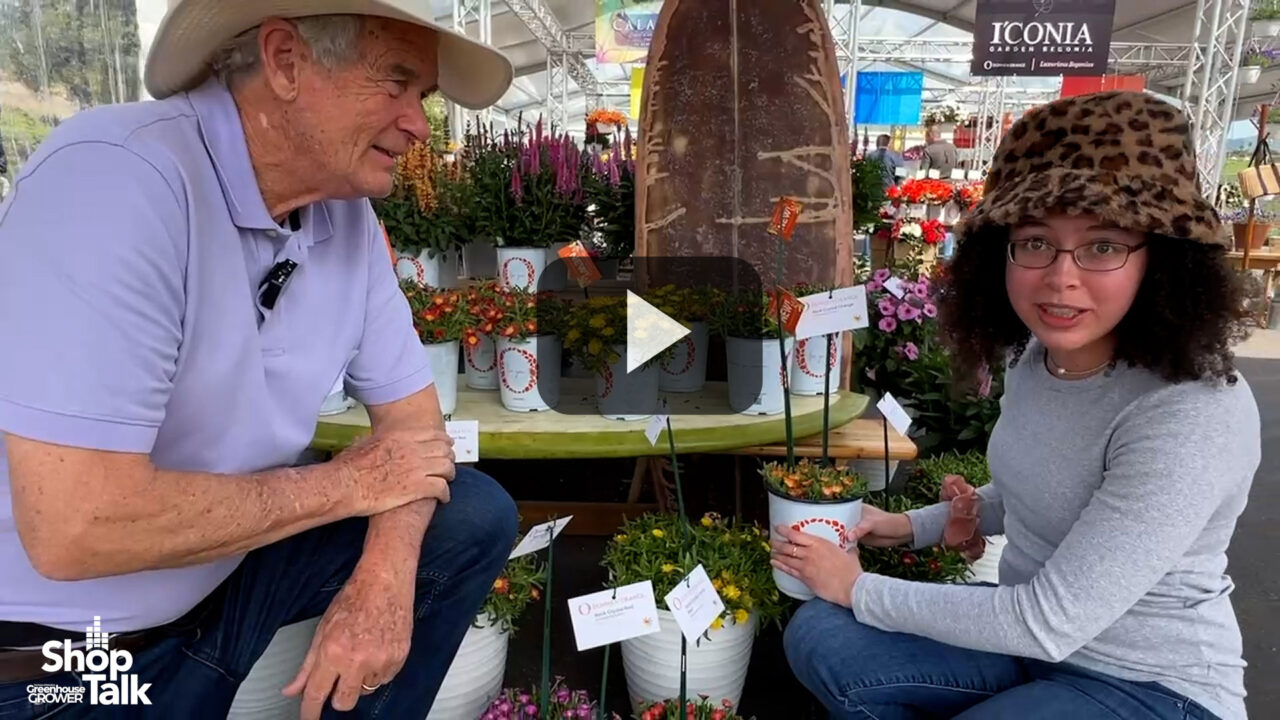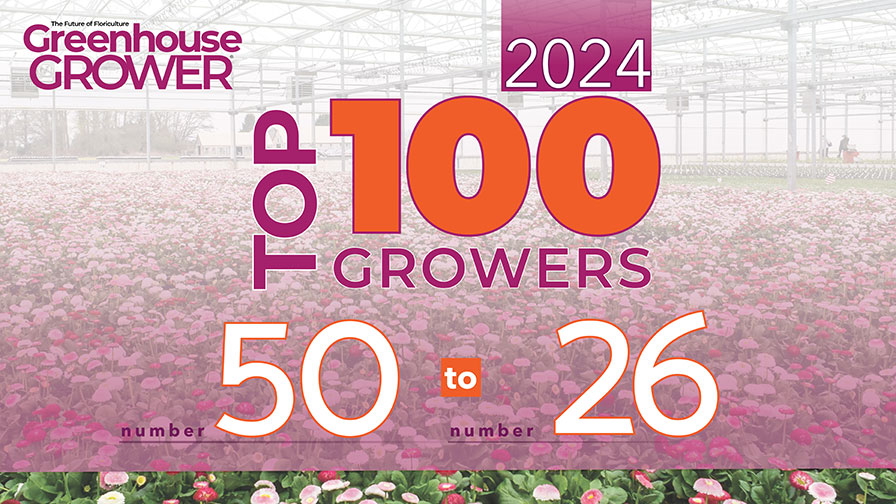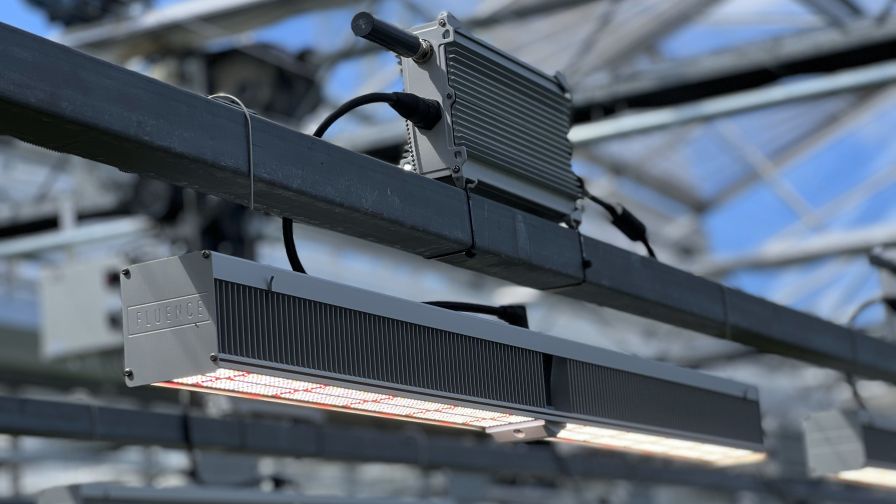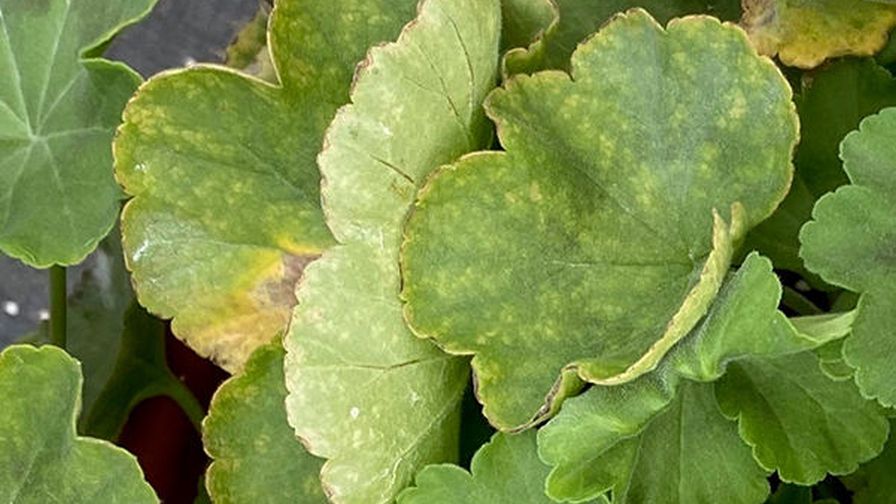Ralstonia Update: USDA Using New Detection Tool
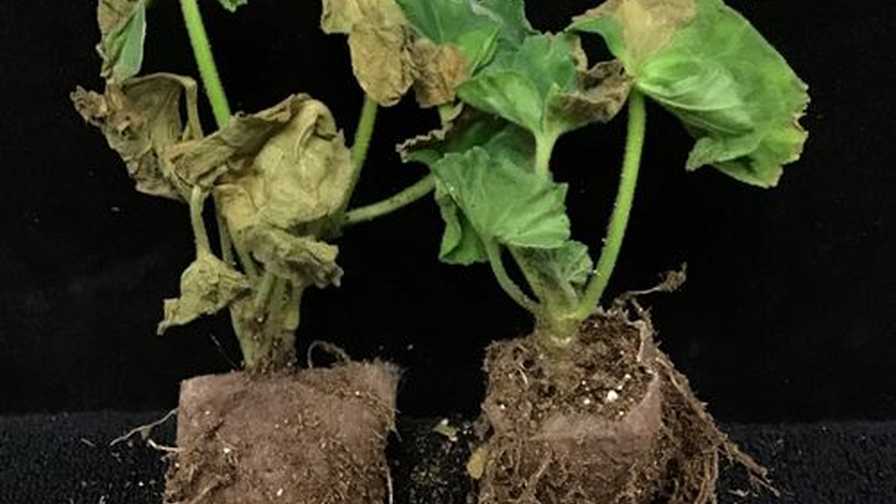 The USDA Animal and Plant Health Inspection Service (APHIS) has deployed a new, high-tech tool to help protect U.S. nursery and specialty crop growers from Ralstonia solanacearum.
The USDA Animal and Plant Health Inspection Service (APHIS) has deployed a new, high-tech tool to help protect U.S. nursery and specialty crop growers from Ralstonia solanacearum.
APHIS’ Plant Protection and Quarantine (PPQ) program is now using molecular diagnostics (MDx) at its plant inspection stations to rapidly detect R. solanacearum on imported geranium plant cuttings. PPQ developed this extra level of protection following the detection of R. solanacearum in April 2020, which triggered an emergency response in 44 states involving 650 nurseries. PPQ successfully eradicated R. solancearum from the U.S. just two months later.
Race 3 biovar 2 of R. solanacearum affects a wide range of hosts, and geranium plants are a major one. It is considered a USDA Select Agent under the Agriculture Bioterrorism Protection Act of 2002 because of its cold tolerance and potential to pose a severe threat to the domestic production of valuable crops, most notably potatoes and tomatoes. It can be transmitted through contaminated water, soil, and equipment, or by people’s inadvertent actions, such as transmission from hands and fingernails. Fortunately, it is not harmful to people or animals.
The emergency response in 2020 triggered a temporary shutdown of exports from the originating facility in Guatemala while PPQ officials determined the cause of the introduction. But years before the 2020 response, PPQ had already determined that imported geraniums were a high-risk commodity and candidate for rapid testing for R. solanacearum at PPQ’s plant inspection stations. After more than a year of planning, methods validation, technology transfer, stakeholder engagement, and training plant inspection station staff, PPQ began randomly testing geranium plant material from selected shipments imported from APHIS-certified facilities in September 2021.
“Although geranium cuttings come from APHIS-approved offshore growing facilities, they could be infected with the pathogen but show no visible signs of it during visual inspection,” said Molecular Biologist Aaron Kennedy. “That means the tool will help PPQ identify infected asymptomatic plants before they enter the U.S., potentially avoiding costly recalls.”
PPQ tested geranium shipments from Guatemala and Mexico during the first week of implementation in late September. All plants tested negative. PPQ coordinated the delivery of each shipment to the plant inspection station with a broker to ensure testing during the morning shift and rapid release of the commodity immediately thereafter, reducing potential downstream impacts to the industry’s supply chains.
AmericanHort Weighs in on Geranium Cutting Testing Program
Recently, AmericanHort’s Senior Director, Advocacy and Government Affairs Craig Regelbrugge informed association members that APHIS would begin testing randomly selected imported Pelargonium (geranium) unrooted cuttings for R. solanacearum at Plant Protection and Quarantine’s Plant Inspection Stations located at major ports of entry. The testing began on September 27, 2021.
“Based on ongoing dialogue with APHIS, we expect random testing will be done for all offshore facilities that participate in the Pelargonium certification program,” Regelbrugge says. “We expect one shipment per month, per certified facility, at each USDA Plant Inspection Station through which the facility ships, using molecular diagnostic technology. The number of plants that APHIS tests will depend on the selected shipment’s size. APHIS will not test more than 298 cuttings in a shipment.”
According to Regelbrugge, APHIS believes that the testing will add a powerful safeguarding measure to an already-rigorous offshore certification program, which is designed to minimize the risk of Pelargonium cuttings destined for the U.S. of harboring quarantine pests or pathogens.
“The Agency acknowledges that the testing may increase a shipment’s time on hold by approximately eight to 24 hours,” he says. “AmericanHort, representatives of certified facilities, and APHIS have discussed various strategies for minimizing delays and burdens on the industry supply chain. We intend to closely monitor implementation of the testing regime, and will seek a pause and alternative measures if significant delays result.”





